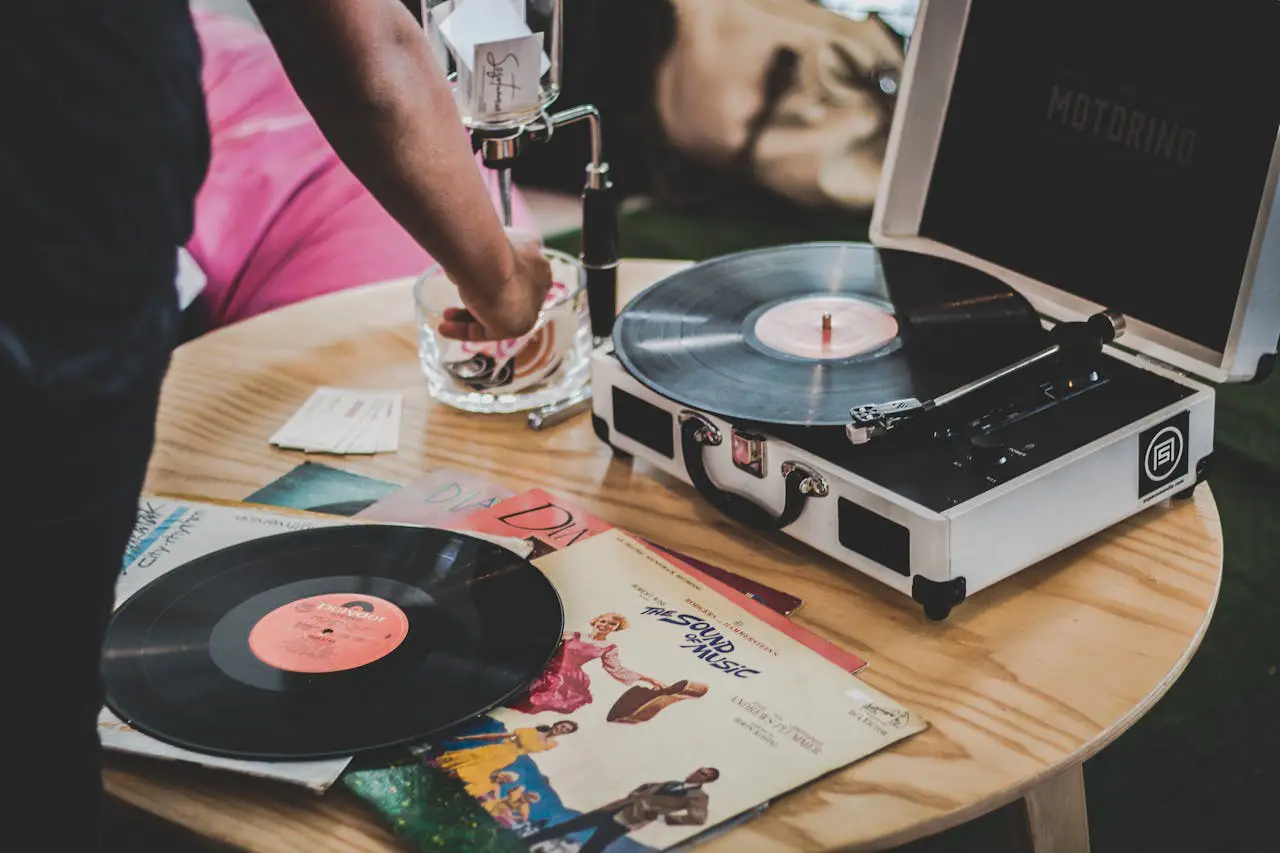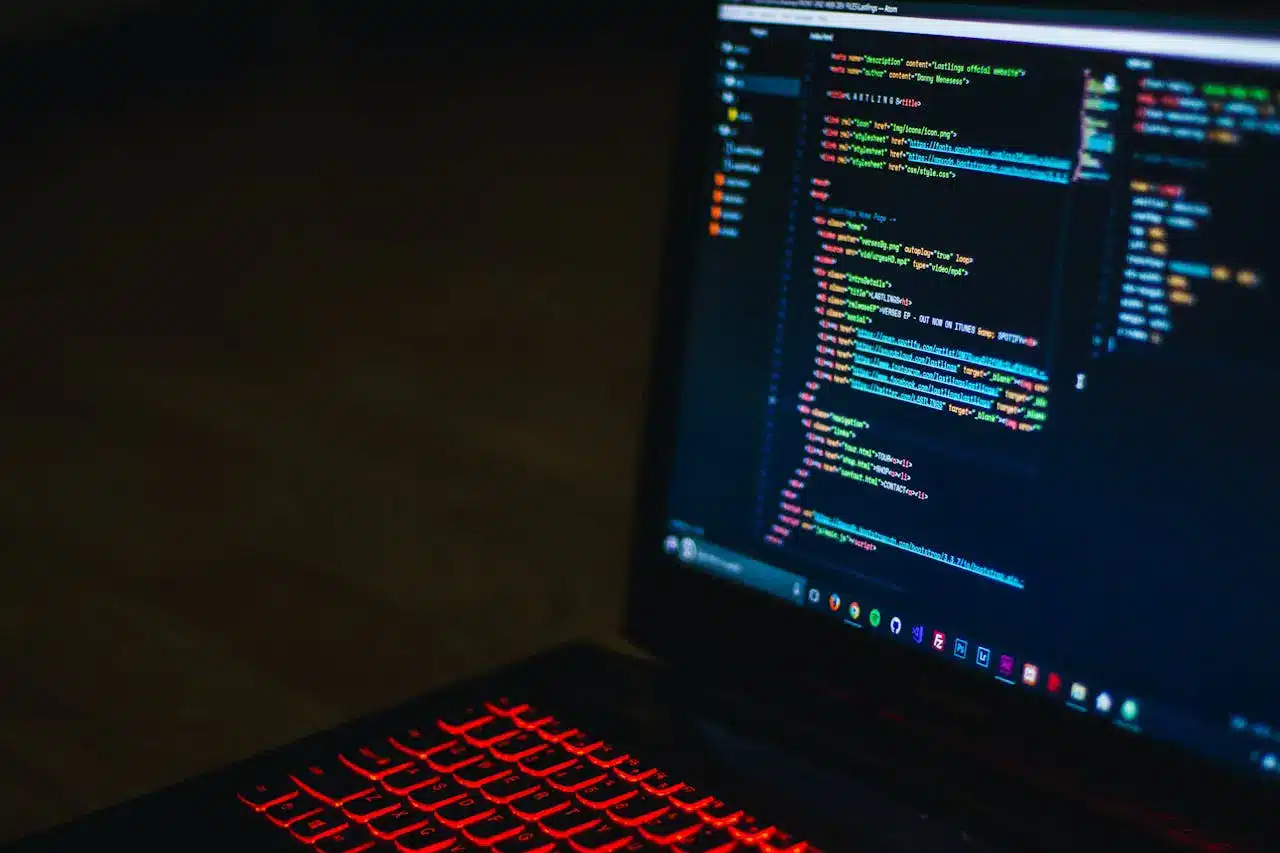If you’re asking what is copyright infringement, it occurs when your original work, like a book, artwork, software or music, is used without permission, despite your automatic rights under Australian copyright law.
Copyright infringement occurs when someone uses copyrighted material without the copyright owner’s permission, which is illegal. This article explains how copyright protection works, what amounts to infringement, and how you can take steps to protect your intellectual property.
How Copyright Works In Australia
In Australia, copyright is governed by the Copyright Act 1968 (Cth). Copyright protection applies automatically when you create an original work. You do not need to register it. Copyright applies to a range of materials, including:
- Artistic works
- Musical works
- Sound recordings
- Literary works
- Films
- Computer software
The copyright holder has exclusive rights to reproduce, publish, communicate or adapt the work. This means they control access to the work and have the right to license its use, whether for a fee or free under certain conditions.

What Is Defined as Copyright Infringement?
Copyright infringement occurs when a person or entity does an infringing act without the copyright owner’s permission. Common examples include:
- Copying a substantial part of the work
- Uploading copyright material online without consent
- Performing music in public without a licence
- Distributing infringing material for commercial advantage
- Using a computer program without paying the license fees
The general rule is that if you use someone else’s work without permission and none of the legal exceptions apply, you may be in breach of copyright. For instance, playing a musical work at an event or venue without permission from the copyright holder may be considered a public performance and could infringe copyright if done without the required license.
Grey Areas Of Copyright Infringement
There are some grey areas where it may not be immediately apparent whether an action amounts to infringement. For example:
- Sharing material privately among friends
- Using small excerpts of a work
- Uploading content to a website where the platform’s terms are unclear
Each situation depends on the extent of use and the connection between the infringing material and the original work. Courts consider whether a substantial part of the work has been used and the circumstances surrounding the use.
It’s important to get advice from an IP lawyer before you commence legal proceedings because there are some circumstances, such as private use, fair dealing and other exceptions, which are not seen as unauthorised use.
What About Fair Dealing?
Fair dealing is one of the key exceptions under Australian copyright law. It allows a person to use copyright material without the copyright owner’s permission for certain specific purposes. These are set out in the Copyright Act and include:
- Research or study
- Criticism or review
- Reporting the news
- Parody or satire
- Giving legal advice
For example, showing part of a copyrighted work at a conference for the purpose of review, or quoting from a publication in a research study, may fall under fair dealing, provided the use is genuinely for one of these purposes and is limited to what is necessary.
When It Isn’t Copyright Infringement
There are certain circumstances where using copyright material does not infringe copyright. These include:
- The copyright holder gave permission
- The material is not protected by copyright (e.g. it is in the public domain)
- The use falls within one of the exceptions in the Copyright Act
Sending a Letter of Demand
If you believe your work has been used without permission, you may start by sending a letter of demand. This letter should:
- Identify who you are and your rights as the copyright owner
- Explain how the other party has infringed your work
- Request them to stop the infringing act
- State the remedy you are seeking (e.g. payment of licence fees or removal of infringing material)
Make sure your claim is clear, factual and backed by evidence.
Time Limits for Taking Action
There are time limits for starting legal proceedings for copyright infringement. Generally, you must commence court action within six years of the infringing act. After this period, you may lose the right to enforce your claim.

What Does the Legal Process for Copyright Infringement Look Like?
If you believe someone has used your copyright material without permission, there are steps you can take before considering court action. The process usually follows these stages:
1. Identify the infringement
First, you will need to establish that your work has been used without authorisation. This means gathering evidence, such as screenshots, copies of the infringing material, or records showing when and how your work was used. You should also check if the use falls under a legal exception like fair dealing.
2. Seek legal advice
Before taking formal steps, it’s wise to speak with a trusted intellectual property lawyer. They can assess whether your rights have been breached and advise on the strength of your claim. They can also help you avoid making a baseless claim, which could have legal consequences.
3. Send a letter of demand
A common first step is sending a letter of demand to the alleged infringer. This letter outlines your rights, explains how the infringement occurred, and requests that the infringing act stop immediately. It may also ask for other remedies such as payment of licence fees, removal of the infringing material, or compensation for any commercial advantage gained.
4. Negotiation or settlement discussions
In many cases, the other party may respond to the letter of demand with an offer to settle. This might involve an agreement to cease the infringing activity, a licence agreement or a payment of damages. Often, matters can be resolved at this stage without going to court.
5. Initiating legal proceedings
If the matter is not resolved through negotiation, you may decide to start legal proceedings. This usually begins with filing a claim in the Federal Circuit Court of Australia. The choice of court will depend on the complexity of the case, the remedies sought and the scale of the infringement.
6. When the Supreme Court may be involved
In some cases, particularly those involving complex issues, large sums of money, or commercial-scale infringement, the matter may be brought before the Supreme Court of a state or territory. The Supreme Court has the authority to hear serious intellectual property disputes and may be the appropriate forum when significant financial loss or widespread unauthorised use is involved.
7. Court orders and penalties
If the court finds that infringement has occurred, it may make various orders, including:
- Injunctions to stop the infringing activity
- Orders for the payment of damages or profits made from the infringement
- Costs orders against the losing party
- In some cases, criminal penalties for large-scale unauthorised use or distribution
Legal action can be costly and time-consuming, so it is often considered a last resort after other options have been explored.

Proving It Is Your Work
To enforce your rights, you need to prove that:
- You are the copyright holder or have legal control over the work
- The material is original and subject to copyright protection
- The other party copied a substantial part of your work without permission
Keeping records of your creation process, drafts, and publication dates can help support your claim.
Baseless Claims
Making baseless or unfounded claims of infringement can backfire. Accusing someone without reasonable grounds could expose you to legal action. It’s essential to assess the situation carefully or get legal advice before making allegations.
Penalties for Copyright Infringement
Infringement can lead to serious consequences. Even making one copy of a computer program without the copyright owner’s permission may infringe copyright, especially if the copy is used for commercial advantage or distributed online. Depending on the circumstances, penalties may include:
- Payment of damages or account of profits
- Court orders to stop the infringing act
- Fines or criminal penalties for large-scale infringement or commercial-scale breaches
A person or business may be held liable for direct infringement or for authorising another person’s unauthorised use of copyright material.
Monitoring Your Work and Preventing Future Infringements
To avoid infringement and protect your rights:
- Monitor online platforms and search engines for unauthorised use of your work
- Use watermarks, copyright notices, or digital tools to control access to your material
- Set clear terms of use on your website
- Consider licensing agreements for educational institutions or commercial users
- Seek legal advice on how to avoid infringement and enforce your rights
Get in Touch for Further Information
If you believe your copyright has been infringed or you want to protect your creative works, our intellectual property lawyers can assist. We offer advice on enforcing your rights, avoiding infringement and taking legal action when necessary.
Contact us today for further information or to speak with one of our copyright lawyers about your situation.
